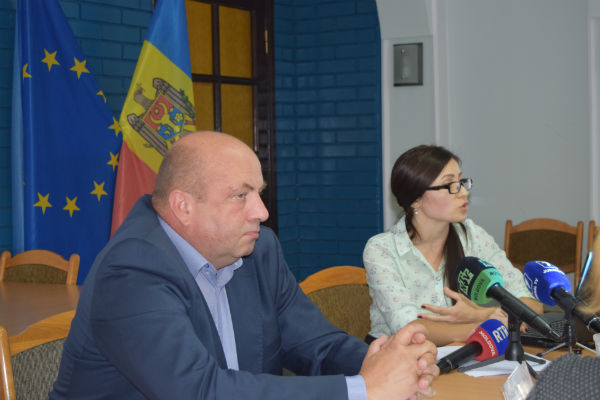
Even if the new Law on Public Procurement, which transposes European directives, was adopted and took effect and the regulations envisioned by this law were partially worked out, essential changes in the public procurement process didn’t occur, said participants in a public debate held in connection with the launch of the public procurement monitoring report: identified shortcomings and policy recommendations that was presented by the Institute for Development and Social Initiatives “Viitorul”, IPN reports.
”The reform initiated by the Ministry of Finance and the Public Procurement Agency in 2016 has ambitious objectives: transparent procurement processes, without corruption; optimal use of budget money for the public interest; promotion of institutional and personal responsibility among the working groups for public procurement, and stimulation of a competitive business environment,” said Diana Enachi, one of the authors of the report.
Enachi said there were monitored nine contracting authorities from which they asked for information on government procurement. These are the district councils of Anenii Noi, Hancesti, Soroca, Sangerei, Drochia, Causeni, Stefan-Voda, Cahul and Criuleni. The Criuleni district council didn’t answer the request. There were carried out 11 activities that involved about 500 persons who assessed different aspects of the quality of the procurement process.
The report says the new provisions of the Law on Public Procurement, which came into force on May 1, this year, are designed to ensure greater transparency in public procurement and a higher quality of this process. ”However, it is not enough for the law to be good as it must be also put into practice appropriately. This responsibility does not belong to institutions from the field only, but also to all the participants in the procurement procedures and to civil society,” stated Diana Enachi.
“The public institutions ensure to a certain extent transparency in the public procurement process, while most of the state-run or municipal companies do not and this is a serious shortcoming. Thus, the public procurement contests held by the 240 state-run companies and 480 municipal companies that possess property of 19 million lei are not transparent.”
The planning of government procurement remains a problem. Thus, civil society is deprived of the possibility of monitoring this process. Among other problems are the limited participation of business entities in public procurement contests, lack of competition and insufficient informing of business entities about these contests.
“The coming into force of the law will enable to efficiently use the public money if the institutions, including the entities managed by these, focus not on procedures, but rather on the process and aim to generate value for money to the detriment of the choice of the lowest price,” said Viorel Chivriga, who is the second author of the report.


